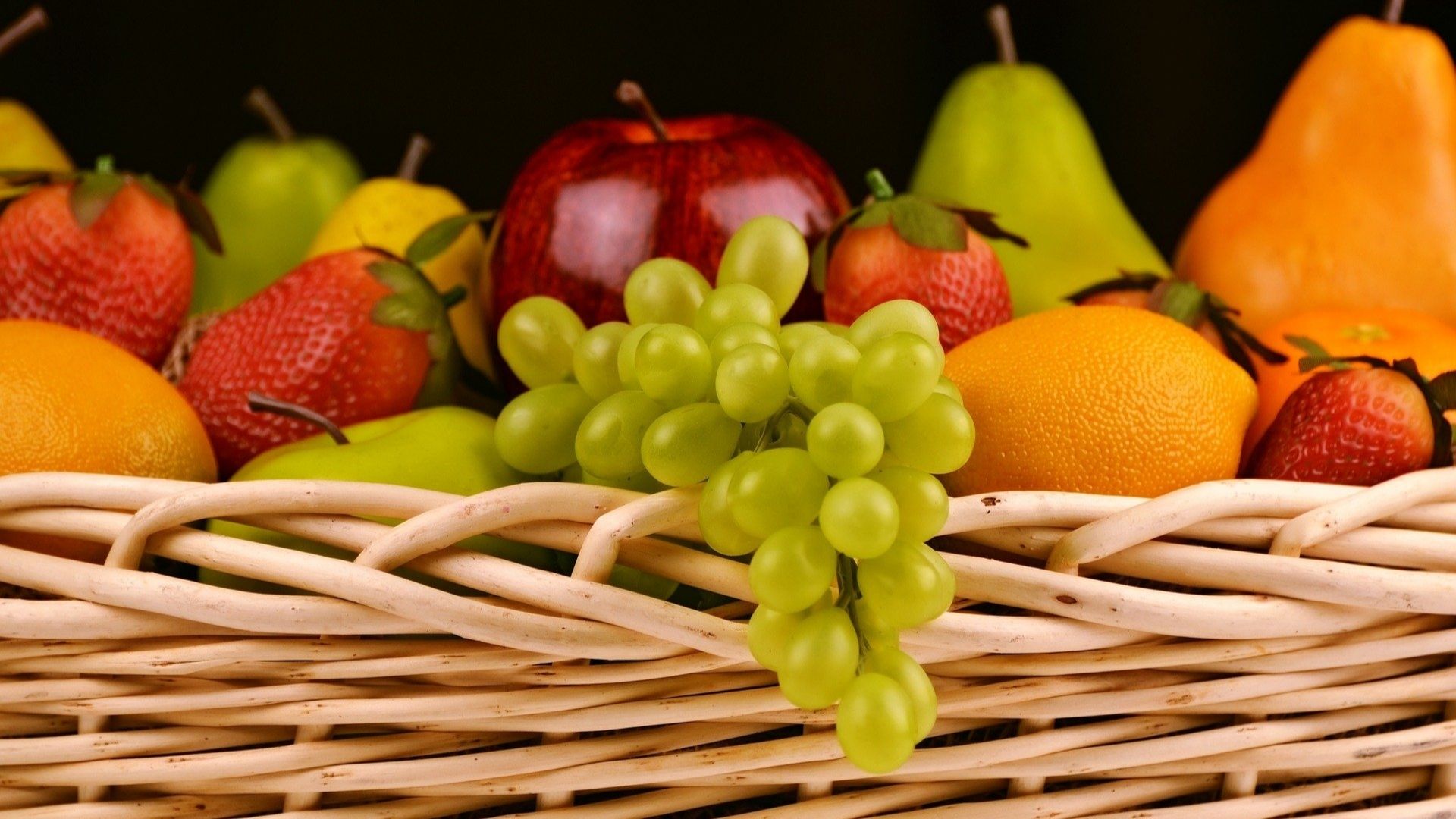Transcript
Welcome to a new episode from English plus podcast. This episode is about mythology, myths and legends, our weekly episode about those interesting stories. And today we’re going to talk about fruit in mythology because there’s a lot of mentioned for fruit in mythology. Let’s talk about this as you will find the stories we will mention in this episode.
[00:00:26] Very interesting. Now before we start, let me tell you that we’re going to have a lot of interesting premium content coming your way, starting from next week. That is I’m talking about premium episodes, premium courses. We have vocabulary building course business English course. We have a literature course.
[00:00:41] If you’re interested in, it’s going to be very interesting. You can have access to all of that. If you become a patron of English plus on Patreon, the link is in the description of the episode. Go ahead to our website English plus podcast.com and to our Patreon page and check out the great stuff you can get.
[00:00:56] If you decide to become a patron of English. Plus, now that being said, let’s dive right in and talk about fruit in mythology. Fruit appears in myths from around the world. Often it is a symbol of abundance associated with goddesses of fertility, plenty, and the harvest sometimes however, fruit represents earthly pleasures overindulgence and temptation specific kinds of fruit have acquired their own symbolic meanings in the myths and legends of different cultures.
[00:01:27] Many of the most significant fruit in world mythologies, such as the apple have different meanings to different cultures. Sometimes the same fruit can represent different things in different myths within the same culture. Now we will talk about the major fruits found in mythology, and we will provide examples from the myths of various cultures.
[00:01:49] Now let’s start with the apple. Apples are brimming with symbolic meanings and mythic associations in China, they represent peace and apple blossoms are a symbol of women’s beauty. In other traditions, they can signify wisdom, joy, fertility, and youthfulness. Apples play an important part in several Greek myths.
[00:02:11] Here are queen of the gods owned some precious apple trees that she had received as a wedding present from Gail. The earth mother tended by the disparities, the daughters of evening and guarded by a fierce dragon. These trees grew in a garden somewhere far in the west. Their apples were golden tasted like honey and had magical powers.
[00:02:33] They could heal the sick or injured. They renewed themselves as they were eaten. And if thrown, they always hit their target and then returned to the thrower’s hand for the 11th of his 12 great labors, the hero Herrick Lees also known as Hercules had to obtain some of these apples after a long, difficult journey across north Africa, he enlisted the help of the giant Apolis who entered the garden, strangled the dragon and obtained the fruit.
[00:03:02] Herrick Lee’s took the apples to Greece, but a Thena returned them to the disparities, a golden apple stolen from Harrah’s garden caused the Trojan war. One of the key events in Greek mythology. Eras the goddess of discord or conflict was angry not to be included among the gods, asked to attend a wedding feast arriving, uninvited.
[00:03:24] She threw one of the apples labeled for the fairest onto the table at the feast, Hara, Athena and Aphrodite. Each assumed that the apple was meant for her. They asked Paris, uh, prince of Troy to settle the matter. And he awarded the apple to Aphrodite and revenge, Hara and Athena supported the Greeks in the war that led to the fall of Troy.
[00:03:47] People still use the phrase apple of discord to refer to something that provokes an argument in Norse mythology. Apples are a symbol of eternal youth. Legend says that the goddess Ethan guarded the magical golden apples that kept the gods young. But after the trickster, God low-key allowed Ethan to be carried off to the realm of the giants.
[00:04:09] The gods began to grow old and gray. They forced Loki to recapture Ethan from the giants. Celtic mythology also mentions apples as the fruit of the gods and of immortality or the ability to live forever today. The apple is often associated with an episode of temptation described in Genesis. The first book of the Bible.
[00:04:30] Adam and Eve, the first man and woman lived in a garden paradise called Eden God, forbade them to eat the fruit of one tree that grew in the garden. The tree of the knowledge of good and evil. When they gave in to temptation and tasted the fruit. God drove them out of the garden of Eden for breaking his commandment.
[00:04:51] Many people picture the forbidden fruit as an apple, because it has been portrayed that way for centuries in European artwork. However, the apple was unknown in the near east. When the Bible was written there, the biblical description of the tree in the garden of Eden does not name a specific fruit. And in some traditions, the forbidden fruit has been imagined as a fig, a pear or a pomegranate.
[00:05:17] Now let’s talk about something other than the apple. I know that we talked a lot about the apple, but the apple is the most important fruit in mythology. Let’s talk about breadfruit or the breadfruit, which is a round fruit that can be baked and eaten. Like bread is an important staple food in Polynesia myths about the origin of the breadfruit are found on several Polynesian islands.
[00:05:38] One story told in Hawaii takes place during a famine, a man named Olu who died in the famine was buried beside a spring. During the night, his family heard the rustle of flowers and leaves drifting to the ground. Next came a thumping sound of falling fruit. In the morning, the people found a breadfruit tree growing near the spring and the fruit from the tree saved them from the famine.
[00:06:02] And now let’s talk about beaches. Peaches can symbolize immortality or fertility hero of Japanese folklore. Momotaro is said to have been sent from heaven to earth inside a giant peach found floating down a river by an old woman. In some versions of the myth, the old woman and her husband eat pieces of the peach and become younger.
[00:06:24] One Chinese legend tells of the goddess in whose garden, the peaches of immortality were gathered by the gods. Every 6,000 years, peaches were commonly believed to extend life to those who ate them. Now let’s talk about coconut. People in tropical regions consume the milk and meat of the coconut and use the oil and empty shelves for various purposes.
[00:06:47] According to a legend from Tahiti, the first coconut came from the head of an EAL named tuna. When the moon goddess Heena fell in love with the eel, her brother Maui killed it and told her to plant the head in the ground. However, he now left the head beside a stream and forgot about it. When she remembered always instructions and return to search for the head.
[00:07:10] She found that it had grown into a coconut tree. And now let’s talk about figs native to the Mediterranean region. The fig tree appears in some images of the garden of Eden after eating the forbidden fruit, Adam and Eve covered their nakedness with leaves that are usually set to be from the fig tree.
[00:07:29] And Islamic tradition mentions to forbidden trees in Eden, a fig tree and an olive tree in Greek and Roman mythology. Figs are sometimes associated with ISIS, God of wine and drunkenness. And with Priapus, a Cedar who symbolized sexual desire. The fig tree has a sacred meaning for Buddhists. According to Buddhist legend, the founder of the religion, Siddhartha Gautama, or the Buddha achieved enlightenment one day in five 28 BCE while sitting under a boat tree kind of factory, the bowl or Bodhi tree remains a symbol of enlightenment.
[00:08:07] Now let’s talk about pears in Greek and Roman mythology pairs are sacred to these goddesses. Hara Aphrodite and Pomona and Italian goddess of gardens and harvests the ancient Chinese believed that the pair was a symbol of immortality pear trees live for a long time, actually in Chinese, the word li means both bear and separation.
[00:08:30] And for this reason, tradition says that to avoid a separation, friends and lovers should not divide pairs between themselves. Now let’s talk about plums, the blossom of the plum tree. Even more than the fruit has meaning in east Asia appearing early in the spring before the trees have leaves. The blossoms are a symbol of a young woman’s early beauty.
[00:08:52] The cover on a bridle bed is sometimes called a plum blossom blanket. The blossom has another meaning as well. It’s five petals represent the five traditional Chinese gods of happiness. Now let’s move on and talk about pomegranate. But thousands of years, the Pommy granted a juicy red fruit with many seeds has been a source of food and herbal medicines in the near east and the Eastern Mediterranean it’s many seeds made it a symbol of fertility.
[00:09:21] Four out of one fruit could come many more to the Romans, the pomegranate signifies marriage and brides war pomegranate twig, greeds. Balmy granted seeds appear in the Greek myth of the goddess Demeter protector of grain crops and the Earth’s bounty and her daughter per 71 day per 70 was picking flowers when Haiti’s the king of the underworld or land of the dead, sees her and carried her to his dark realm to be his bride grief stricken Demeter, refuse to let crops grow.
[00:09:52] All of humankind would have starved if Zeus had not ordered Hades to release per Stephanie Haiti’s letter go. But first he convinced her to eat some pomegranate seeds. Having once eaten the food of the underworld per 70 could never be free of the place. She was faded to spend part of each year there for those months, the world becomes barren, but when per 70 returns to her mother, the earth again produces flowers, fruit, and grain.
[00:10:19] And that is the origin of the seasons. According to Greek mythology. Now let’s move to strawberries. Strawberries have special meaning to the Seneca of the north Eastern United States, because strawberries are the first fruit of the year to ripen. They are associated with spring and rebirth. The Seneca also say that strawberries grow along the path to the heavens and that they can bring good health.
[00:10:42] Now, although there are many different kinds of fruit found throughout the world, a large number of myths are centered on a handful of different fruits. This may be due to the fact that growing regions for these fruits overlap, the larger ancient society that are known for documenting their beliefs, such as the Greeks.
[00:10:59] Fruits, such as bananas and oranges may be just as significant to other smaller groups whose myths have yet to receive the same level of study. This favoring of certain fruits may also represent the cultural and dietary significance of some fruits over other fruits. Many fruits have retained their mythical significance and symbolism into modern times through art and tradition.
[00:11:22] The apple is probably the most significant fruit in mythological art and literature. But this can be at least partially explained by how the word apple was used. In previous centuries. The word was applied as a general term for many kinds of fruit, and it was often used to mean simply fruit. The apple plays a significant role in the fairytale of snow white, especially the 1937 Disney animated adaptation, snow white.
[00:11:48] And the seventh wars in which an evil queen disguised as an old woman, tempt snow white with a beautiful red apple that turns out to be poisoned. Apple still signify knowledge and art, a traditional gift for teachers on the first day of the school year, New York city is nicknamed the big apple, how it got its nickname is a matter of debate, but the general idea is that the apple symbolizes opportunity and plenty other fruits have also made their mark on modern culture.
[00:12:18] In Asia. The word peach is frequently used as slang for a young woman or a bride reflecting the fruits association with youth and life. Pomegranates are often broken on the ground at Greek weddings to bring good luck to the couple. Now that being said, that will be everything I put together to tell you about the role of fruit and mythology.
[00:12:37] I hope you found the information interesting. I hope you learned something new or at least you had a good time listening to our podcast. Remember that you can find a lot more on our website, English plus podcast.com. Take the link you can find in the description, go to our website and don’t forget about English plus premium, where you can get a lot of premium episodes courses.
[00:12:55] Discussion forums and more, you can also find the link to our Patreon page in the description. Now that being said, this is your host, Danny. I would like to thank you very much for listening to another episode from English plus podcast. I will see you next time.












0 Comments